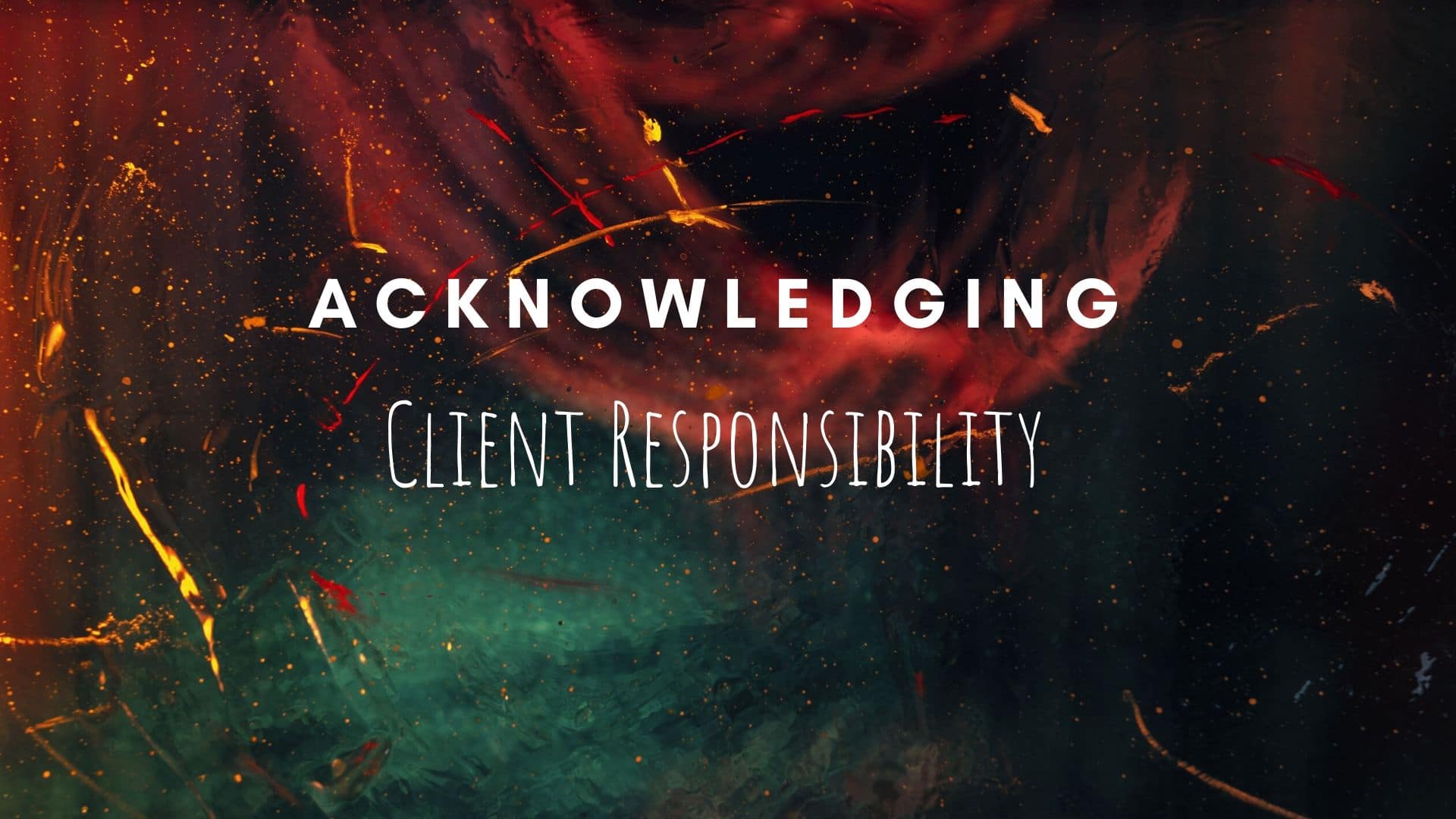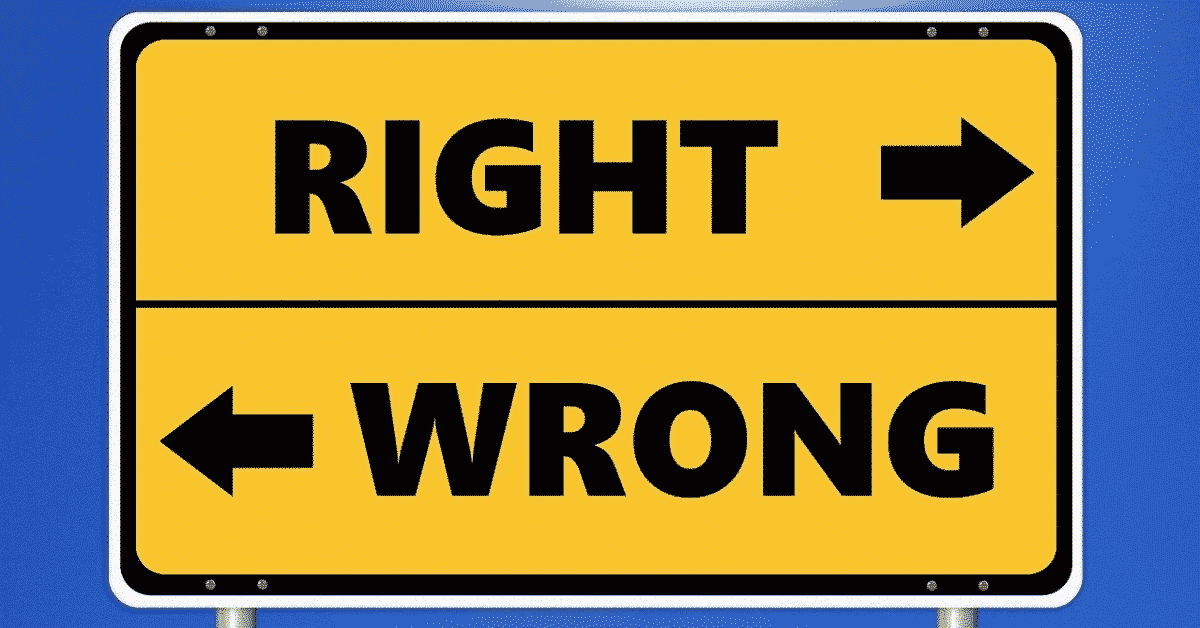The last article introduced the use of the STORMMES Model © in co-creating the relationship agreement with the client. In this article, we take a closer look at competency 3 Establishes and Maintains Agreements.
The first three competency markers in this section help us to understand what a good relationship agreement contains.
- The coach explains what coaching is and is not and describes the process to the client and relevant stakeholders
- The coach and client reach an agreement about what is and is not appropriate in the relationship, what is and is not being offered, and the responsibilities of the client and relevant stakeholders
- The coach and client reach an agreement about the guidelines and specific parameters of the coaching relationship such as logistics, fees, scheduling, duration, termination, confidentiality and inclusion of others
(These markers are addressed in the T – Timelines, R-Roles, E-Environment portions of the STORMMES Model ©.)
A competent coach will take time prior to starting an engagement to ensure that the client understands the difference between coaching and other disciplines. For coaches who engage in multi-discipline work, it is important to clarify what coaching is and is not. If the work you are doing with a client includes other disciplines like consulting, training, mentoring then it should be clear to both the client and the coach when and how these disciplines will be used throughout the engagement. I have seen a trend in multi-disciplined coaching engagements (such as agile coaching) where coaches have been frustrated because they want to coach but the client wants them to consult. This points to the need to clarify up front in the relationship agreement how the coach intends to interact with the client and how the client expects the coach to interact. If an agreement cannot be made or there is an unresolvable mismatch in the expectations the coach must consider the ethical ramifications of taking on the engagement. Please also note that as a matter of the competencies around ethics the coach should also address how coaching differs from disciplines such as counseling, therapy, other psychotherapy and support professions. Please take note that relevant stakeholders are part of the coaching agreement so for coaches who are working in organizations there may be several layers of the coaching agreement to consider.
As a provider of reflective coach supervision what I have noticed is that much of the challenge coaches have during engagements tie back to a weak relationship agreement. Whether the relationship agreement should be in a written formal contract or verbal agreement is not defined by ICF for competence. These are decisions left to the coach regarding how they manage their coaching practice as internal and external coaches.
Many of the items in marker three are easily handled and agreed upon through the coach’s standard written contract. Some of what is contained in markers one and two could be contained in a written contract and is often contained in a SOW with corporations, however in practice much of this is verbal agreement between coach and client and gets adjusted throughout the engagement. For items relegated to verbal agreement, it is important for the coach to have some process for ensuring that they have the relevant conversations with the client to set the pace of the engagement. I also recommend periodic check in points where the coach and client reflect on their relationship and make any further agreements and clarifications as needed.




















